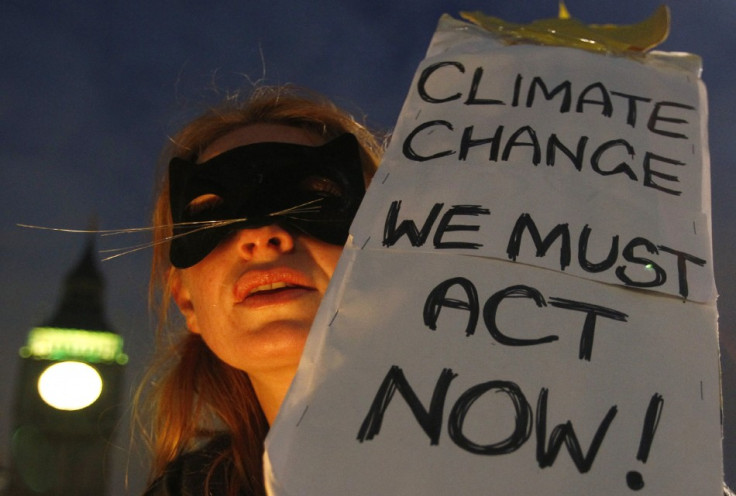UK Records Largest CO2 Emissions Rise in Europe
Britain and Germany are Europe's dirtiest countries for industrial pollution, according to EU statistics

Britain's carbon dioxide emissions increased by more than those of any other country in Europe in 2012, casting further doubts on the government's green credentials.
The amount of carbon dioxide produced in the UK rose by 18 million tonnes, or 3.9%, in 2012.
Germany recorded the next highest CO2 emissions rise, at 0.9%, with the biggest drops by Belgium and Finland, both of which reduced emissions by 11.8%. Sweden also improved its move towards a greener outlook, achieving a 10.1% drop.
Jacqueline McGlade, European Environment Agency executive director, said the figures showed "clear progress" towards emission targets, but added: "If Europe is to achieve the transition towards a low-carbon society, it will need sustained investment in technology and innovation."
Carbon dioxide levels rise because of greater use central heating, an increase in manufacturing production and energy generators switched from gas to coal.
Luciana Berger, shadow energy minister, told the Independent: "David Cameron's promise to lead the greenest government ever appears to have gone up in smoke."
Britain was one of only four EU countries in which CO2 emissions rose last year. The increase was three times the 6.4 million tonne rise by Germany, according to the European Commission's statistics agency.
Greenpeace Energy's Leila Deen said: "These figures are a stark reminder that the coalition needs to take decarbonisation more seriously starting with the electricity sector."
A vote on 4 June in favour of a proposal to make Britain's electricity supply almost entirely green by 2030 has been backed by the Liberal Democrats and the energy secretary, Ed Davey, but opposed by Chancellor George Osborne.
A spokesman for the Department for Energy and Climate Change said: "Cheaper coal relative to gas has resulted in a short-term increase in the amount of carbon emissions from UK power stations. The amount of coal generation is expected to decline rapidly by 2020 as a result of our move to a low-carbon economy."
© Copyright IBTimes 2025. All rights reserved.






















